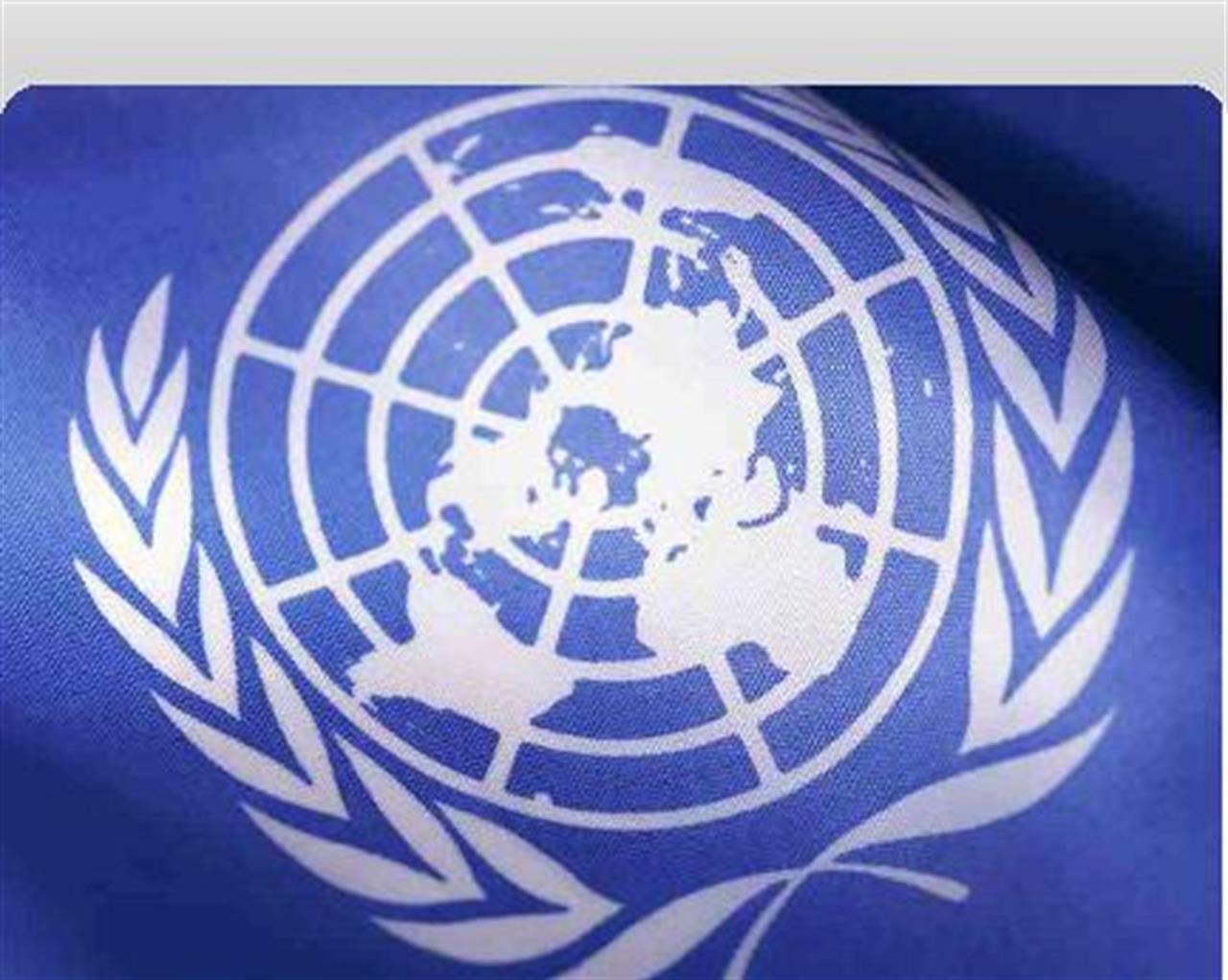Non profit
Uneven progress
The 2010 Human Development Report says that development is being weighed down by inequalities
di Staff

At the launch of the 2010 United Nations’ Human Development Report (HDR), UN Secretary-General Ban Ki-Moo said, “we have learned that while economic growth is very important, what ultimately matters is using national income to give all people a chance at a longer, healthier and more productive life.”
The report which is annually commissioned by the UN Development Programme has a history of challenging how human development is normally measured. It uses the specially designed Human Development Index (HDI) that measures well-being – through income, life expectancy and education.
Lead author Jeni Klugman says, “human development is different from economic growth, and substantial achievements are possible even without fast growth.”
The report highlighted the human development achievements of low income countries like Nepal, Oman and Tunisia that all made the HDR’s Top 10 Movers list thanks to strong progress in non-income development factors, like health and education.
The region with the fastest HDI progress since 1970 was East Asia, led by China and Indonesia.
Overall the report was positive, stating that even the poorest regions had made progress in recent decades.
“On empowerment, it is a positive story as the number of people living in democracies is up. On the equality side the story is less good,” says Klugman.
Inequalities within and amongst nations were signalled as a major challenge that still needs to be addressed. Global human development levels are on the rise, but in the Democratic Republic of Congo, Zambia and Zimbabwe the HDI is lower than in 1970. In Belarus, the Russian Federation and Ukraine life expectancy has fallen below its 1970’s level.
The report states, “the gaps in human development across the world, while narrowing, remain huge.”
The HDR also looked at the adverse impact of climate change on human development. It warned that climate change was “impeding the continuing progress in human development.” It says that the negative effects of climate change on grain yield could push price up, more than doubling the price of wheat.
Noble Laureate Amartya Sen and Mahbub ul Haq first initiated the report in 1990, because they believed that the traditional economic method of evaluating development was insufficient. Haq explained that the report is inspired springs from a belief that “people are the real wealth of a nation.”
Nessuno ti regala niente, noi sì
Hai letto questo articolo liberamente, senza essere bloccato dopo le prime righe. Ti è piaciuto? L’hai trovato interessante e utile? Gli articoli online di VITA sono in larga parte accessibili gratuitamente. Ci teniamo sia così per sempre, perché l’informazione è un diritto di tutti. E possiamo farlo grazie al supporto di chi si abbona.
